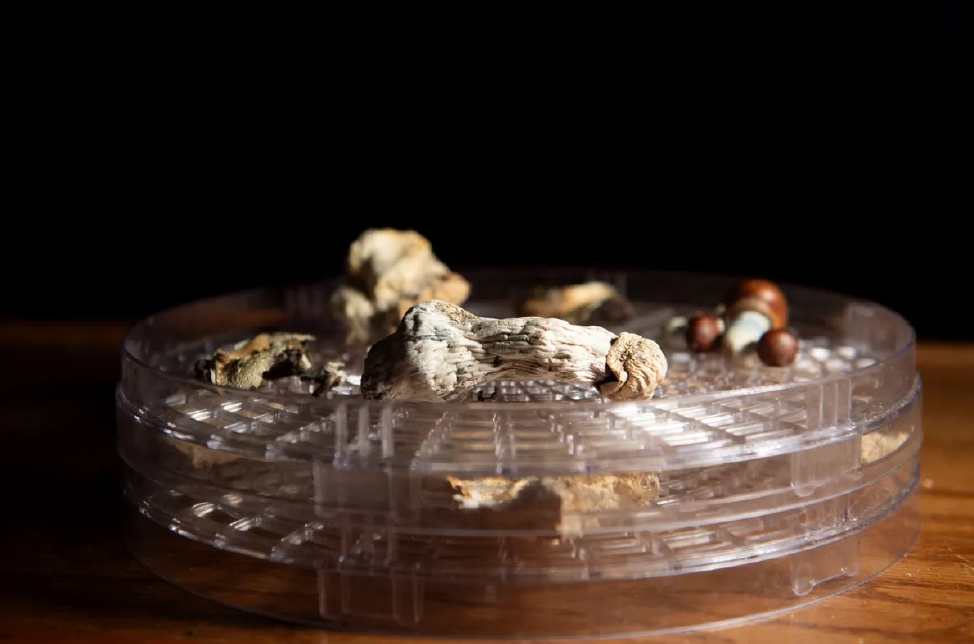
We recently reported that there is a new urine test, MyProstateScore 2.0 (MPS2), which offers better accuracy for detecting high-grade prostate cancer compared to current methods. In the first study involving over 1,500 men, MPS2 reduced unnecessary biopsies by up to 51% while still identifying significant cancers with high sensitivity. This test improves on the PSA blood test by specifically targeting 17 genes linked to high grade aggressive prostate cancer, making it a promising non-invasive tool for reducing the risks and discomfort associated with prostate biopsy.
Since we first reported, there are multiple important updates regarding the MyProstateScore 2.0 (MPS2) urine test, confirming its clinical significance and increased adoption in 2025:
- Commercial Launch and At-Home Collection: MPS2 is now commercially available with an at-home urine collection kit, which physicians can order for patients. This test is eligible for Medicare reimbursement and removes the need for a digital rectal exam, offering increased convenience and broader access (including for telehealth and underserved regions). Read More
- FDA-Approved and CLIA-certified Testing: Multiple sources confirm MPS2 is FDA-approved for clinical use. It is available if samples are sent to a CLIA-certified reference laboratory, expanding its reach in routine clinical practice.Read More
- Recent Peer-Reviewed Validation: Several recent studies (2024-2025) reinforced MPS2’s analytical validity and clinical accuracy in predicting clinically significant prostate cancer, both with and without a digital rectal exam. Analytical validation confirms the test is robust under a variety of conditions.Read More
- Impact on Clinical Practice: MPS2 can identify up to 51% of men who can safely avoid unnecessary biopsies, while maintaining sensitivity (91–94%, and as high as 99% for higher-grade cancers). These outcomes mark a significant improvement over traditional PSA testing, which results in a high rate of unnecessary biopsies. MPS2 analyzes 18 gene transcripts (sometimes described as 17 or 18 in different studies) directly linked to aggressive prostate cancers. Read More
- Adoption and Access: Clinicians are increasingly adopting MPS2. The test is simple to order, generates results in under a week, and supports both virtual and in-person care. The at-home collection option and consistent analytical performance further support its increased use in 2025. Read More
In summary, MPS2 has advanced from research into routine clinical practice, is FDA-approved, available for at-home use, and is recognized as a highly accurate, non-invasive method for evaluating the need for prostate biopsy. These developments address the limitations and discomfort associated with earlier approaches. Read More
REFERENCES
Tosoian JJ, Zhang Y, Xiao L, et al. Development and validation of an 18-gene urine test for high-grade prostate cancer. JAMA Oncol. 2024;10(6):726-736. doi:10.1001/jamaoncol.2024.0455
- Tosoian JJ, Zhang Y, Meyers JI, Heaton S, Siddiqui J, Xiao L, Assani KD, Barocas DA, Ross AE, Chopra Z, Herron G, Edelson JA, Graham NJ, Singhal U, Salami SS, Morgan TM, Palapattu GS, Wei JT, Chinnaiyan AM. Clinical validation of MyProstateScore 2.0 testing using first-catch, non–digital rectal examination urine. J Urol. 2025;213(4):755-764. doi:10.1097/JU.0000000000004421
- Meyers JI, Schatz TM, Seitz CJ, Botbyl R, Moore BS, Crafts BG, Kitchen JR, Heaton S. Analytical validation of MyProstateScore 2.0. Diagnostics (Basel). 2025;15(7):923. doi:10.3390/diagnostics15070923



